INSIGHTS: Top 10 Tips to Cruise More Sustainably
Dutch cruisers Floris and Ivar have sailed 26,500 nautical miles, half way around the world, investigating local sustainability projects in the countries that they visit. Both are regularly questioned by other cruisers that are interested in improving their sustainability footprint while traveling, and have offered to share their advice with Noonsite through a series of articles for Insights. To begin with, Floris and Ivar give us their top 10 tips on how to cruise more sustainably.
Published 5 years ago, updated 1 year ago
Our top 10 tips to cruise more sustainably
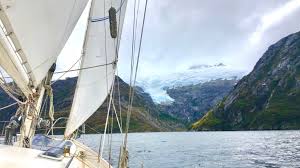

Take the time to sail and make full use of the clean and cheap form of energy called wind. Await a good weather window. Dare to tack upwind if necessary. If the wind abandons you but the waves don’t and the slamming sails against the rigging make you want to pull your hair out, just take the sails down and wait for wind. The rewards are plentiful. A sense of accomplishment and living in the rhythm of nature. Lower fuel bills, fewer emissions, saving time and energy refueling- especially when there is no fueldock available. Avoid an overambitious timetable and making appointments which commit to both a time and a place.
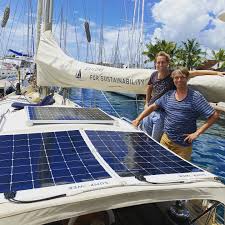 2. Invest in solar panels and a wind generator
2. Invest in solar panels and a wind generator
There is usually sun or wind, and often both. Charging your batteries with renewable energy is rewarding and triggers you to save energy. It also helps to limit the amount of motoring required to keep your batteries full. If you’re in need of an engine replacement, consider an electric engine combined with a propeller generator. These new systems are becoming increasingly mainstream and affordable. The latter is still a dream for us, while our reliable diesel is working fine. So we ration diesel fuel for the time being.
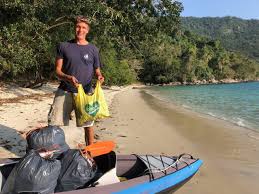 3. Paddle and hike
3. Paddle and hike
Our inflatable sea kayak has made many more miles than our dinghy with electric outboard. Paddling or rowing to shore is perfectly doable most of the time, although sometimes the electric outboard comes in handy. It avoids the need to carry gasoline, which is explosive, smelly, expensive, polluting, and has no use except the dinghy outboard engine. Once ashore, our favorite way to get around is to hike. When traveling slowly, the most intimate encounters with nature and the locals become easier.
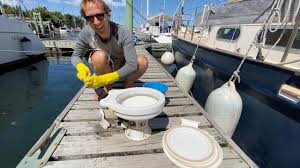

Be mindful of the environmental impact of products you use on the boat, since a lot of it ends up in the water. Quick wins are biodegradable cleaning products (always avoid bleach!), shampoo, and shower gel. Try to find unbleached, biodegradable toilet paper. We have good experience with Seajet poison-free antifouling paint, and Laboratoires de Biarritz marine-friendly sunscreen. Prefer flags made from cotton or another biodegradable material, as polyester versions end up as microplastics as they wear and tear. Use LEDs and solar powered lights (eg for outside). Use energy-saving kitchen tools like a “wonderpan” to make bread, thermos flask, and pressure cooker.
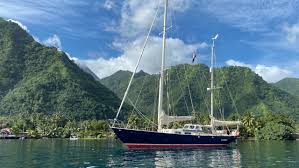 5. Reduce and recycle waste whenever possible
5. Reduce and recycle waste whenever possible
Packaging- free stores are opening up in more and more places, allowing you to fill your own containers. Another option is to bring your own reusable bags when buying fruits, vegetables, and groceries. For the waste that can’t be avoided, separate glass, plastic, paper and cans from the rest in different colored bags. In most places it is possible to recycle it via the local waste recycling streams. We normally throw organic waste in the sea as it is food to marine life. Although sometimes- for example when we are in a marina or anchored close to beach – we bring it ashore to have it composted.
6. Eat more local and plant-based food
Local food has lower transportation emissions and stimulates the local economy compared to imported products. Plant-based food like beans, lentils, peas, chickpeas, nuts and raisins require much less natural resources to produce compared to meat – and are animal friendly. They are also cheaper, easier to stock up and delicious!
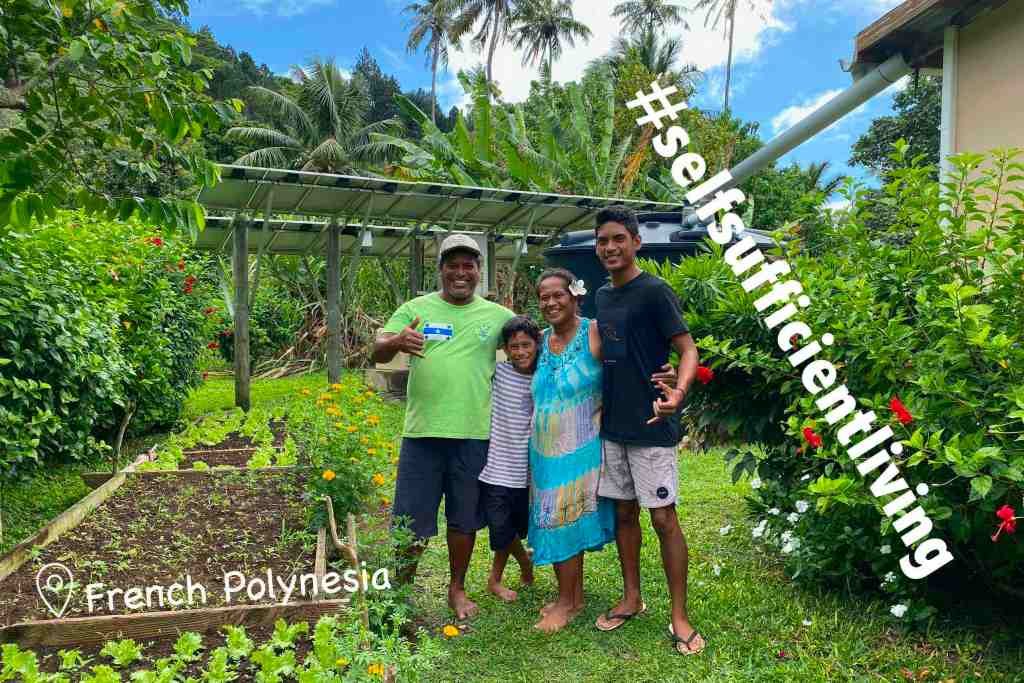

7. Support the little people
When you buy directly from the local fishermen, farmers, or bakers, you reward the people who do most of the work. They can support their families and your money circulates longer in the local economy. Buying produce at the street market also supports diversity and usually offers better value for money. And of course, bring your own reusable bags so you can politely refuse plastic bags.
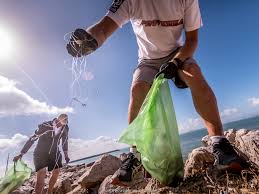

Return nature a favor and pick up plastic litter. You’ll also meet inspiring and engaged people who decide to join. Take fellow cruisers along – you’ll be surprised how fanatic people get once they start picking up litter.
9. Respect wildlife
Cruising allows you to get into uniquely beautiful natural environments. Be mindful about this and respect the creatures that you are enjoying. When anchoring, always look for sandy patches. Check if your anchor chain is not damaging the coral and attach fenders to lift it if necessary. Keep your distance, especially when the next generation is involved like with nesting birds or whales with calves. If you fish, don’t take more than you can eat.
10. Help others where you can
Share tools, books, tips, and food, and employ your skills. Learn from each other and reward generosity from locals with things that are useful to them.
…………………………………………………………………………………………………………………………………..
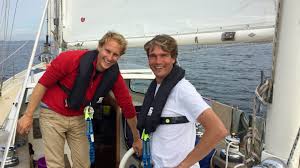

Dutch cruisers Ivar Smits & Floris van Hees gave up busy jobs to circumnavigate the globe with Sustainability being their main goal. They are keen to learn from others worldwide and research and visit as many projects in the countries en route, to take home positive ideas for today’s and tomorrow’s generations.
Ivar and Floris are currently en-route from the Gambiers, French Polynesia to New Zealand, having succesfully obtained permission to enter New Zealand to undertake repair, refit, and maintenance work.
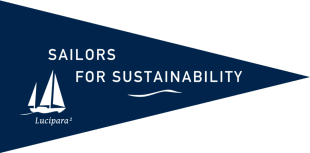

Follow their blog at https://sailorsforsustainability.nl
…………………………………………………………………………………………………………………………………..
Related Articles and Links:
…………………………………………………………………………………………………………………………………..
The opinions expressed in this article are the author’s own and do not reflect the view of Noonsite.com or World Cruising Club.
Related to the following Cruising Resources: Circumnavigation, Cruising Impact, Environment, Insights



Blog from 11 December:
Ahoy from New Zealand!
After 30 long days at sea – 31 if you count our ‘lost’ day when we crossed the International Date Line – we finally arrived in Opua! Although we are still confined to the boat until our Covid test results are known, it has been a welcome change from being on the ocean. We are surrounded by rolling hills instead of waves, hundreds of boats instead of none, and cormorants, seagulls, and ducks instead of a few gannets. And thanks to Swiss friends who are in the marina next to us, we have fresh, local fruit and vegetables. They left a full bag of goodies on the dock, which we picked up after they had rowed away.
Our trip from French Polynesia to New Zealand was one of records. Never before did we sail for 30 days and 2,500 nautical miles non-stop. We also broke our record of minimal distance covered in 24 hours, due to very light winds and an adverse current. Finally, a tropical depression caught up with us and brought us the strongest winds we have had on the open ocean so far: more than 50 knots. Thanks to accurate forecasts, we could prepare ourselves and the boat for this violent weather. When it came, we sailed with our smallest jib, while Herbie our windvane kept the wind and waves at our aft. Lucipara 2 did very well in these challenging circumstances. Most other days of the trip we had light winds, which is why it took us so long to reach New Zealand.